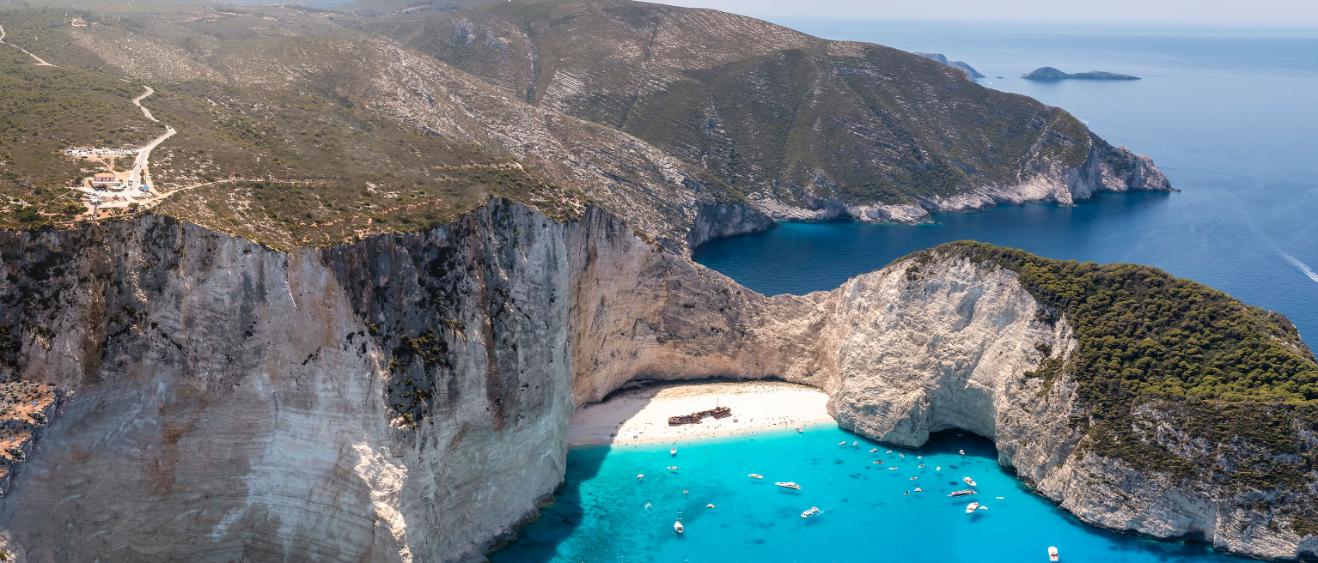Session is about to expire
Your session will timeout due to inactivity, please choose to continue your session if you’d would like to continue.

Get the lowdown on your next destination with our insider blog and fully interactive route map. Smart travel starts here.
Where to go by the people that know: Our blog uncovers the hidden gems that turn a great holiday into something truly unforgettable.
From Aberdeen to Zurich via Bermuda and Malaga, tour the world with our interactive route planner and book the flights for your next adventure.

